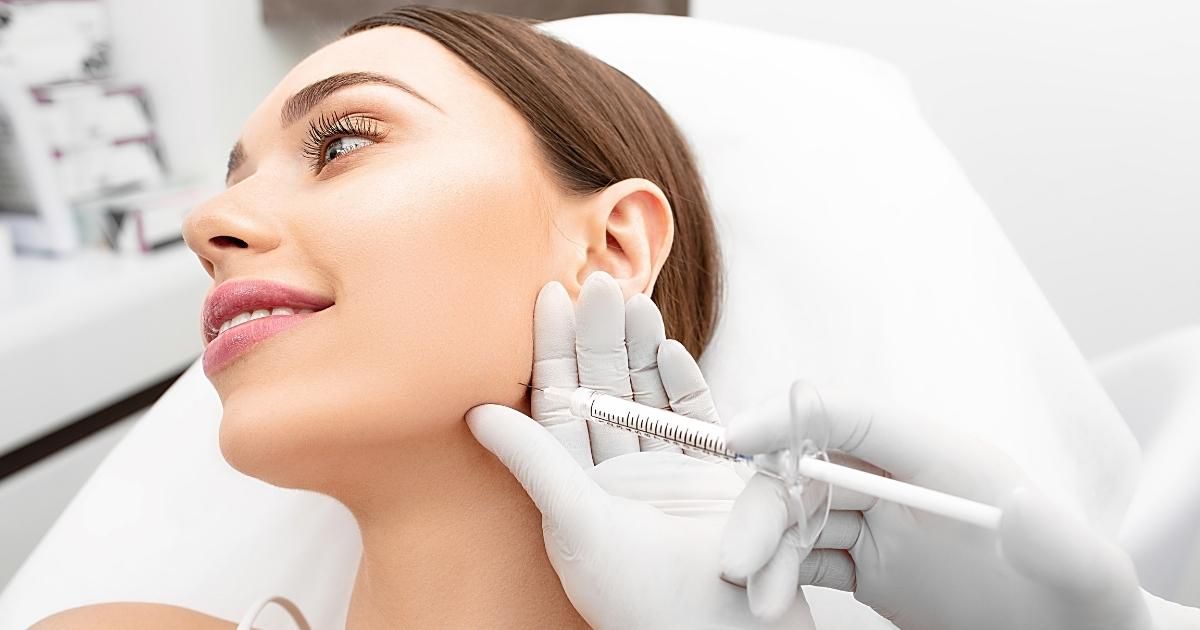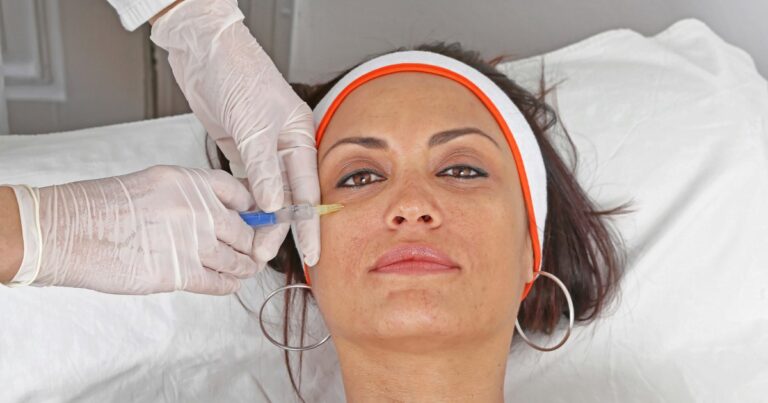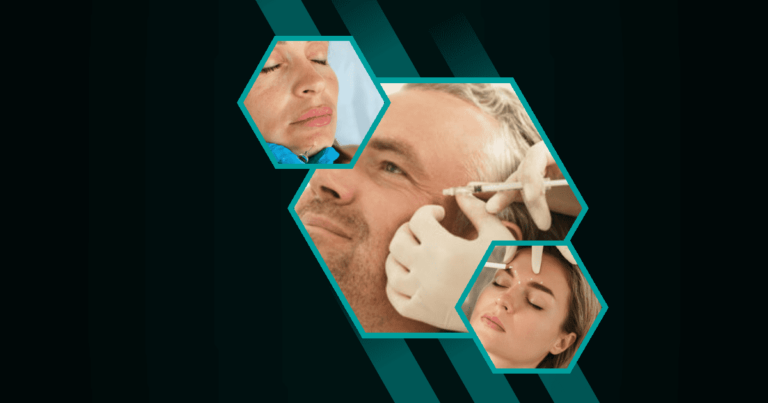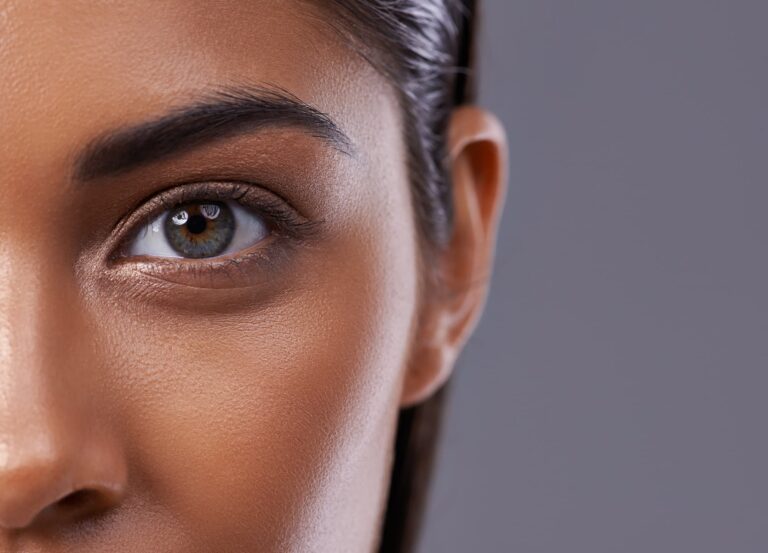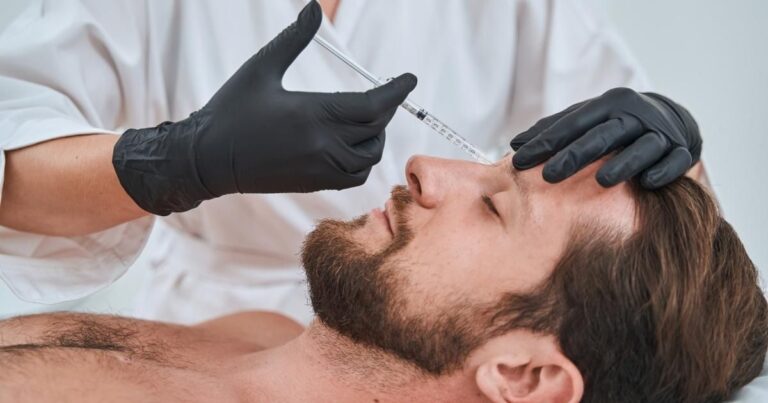Choosing the right dermal filler for your skin type can be a challenge, especially when you take into account its longevity. However, don’t worry! We are here to guide you through the ‘Longevity of Different Types of Dermal Fillers’ and help you decide which one will suit your skin best. So, let’s begin our exploration into the world of dermal fillers.
Understanding Skin Types
Firstly, we must identify our skin type. Everyone has a unique skin type. Some folks have dry skin, while others have oily. Your skin will react to dermal fillers.
- Dry Skin: If your skin often feels tight and you notice flakes on your cheeks or other parts of your face, you likely have dry skin.
- Oily Skin: If your face tends to look shiny or greasy a few hours after you’ve washed it, it’s likely that you have oily skin.
- Combination Skin: If you find that your cheeks are dry while your forehead, nose, and chin are oily, it’s probable that you have combination skin.
How Skin Type Influences Your Choice of Dermal Fillers?

Now, look at how your skin type can guide you in choosing the right dermal filler.
- Dry Skin: Hydrating and plumping hyaluronic acid fillers are a good alternative for dry skin since they help it retain moisture.
- Oily Skin: Acid fillers might be suitable as they help oily skin stimulate collagen production, improving skin texture over time.
- Combination Skin: Depending on the areas you want to treat, you may need a mix of the abovementioned types.
Why Should You Consider Your Skin’s Needs?
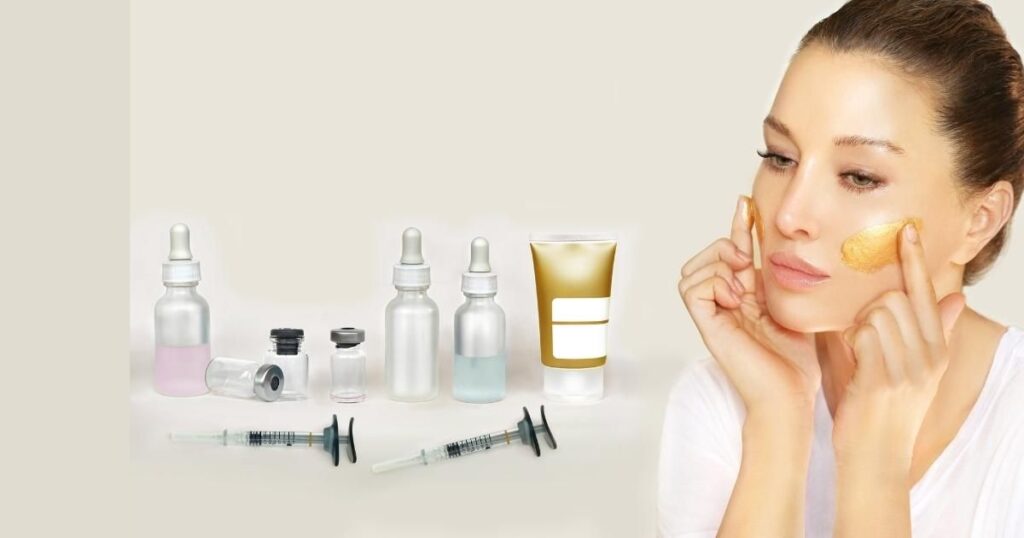
Your individual skin needs and personal aesthetic goals significantly influence your choice of the right dermal filler. For instance, someone looking to plump up their lips will need a different filler than someone aiming to smooth out their forehead lines.
Book A Consultation With Dr Tarek Bayazid
Top-rated Plastic Surgeon For Fillers in Dubai
Installment Plan Available
Before making any decisions, it’s advisable to consult a skincare professional. These experts can assess your skin type and condition, understand your goals, and recommend the most suitable type of dermal filler.
You may require a combination of fillers to address your skin’s concerns.
- Volume Enhancement: Hyaluronic Acid fillers can add volume to areas like cheeks and lips.
- Fine Lines and Wrinkles: To address fine lines and wrinkles, thinner Hyaluronic Acid fillers may be the optimal choice.
- Deep Wrinkles and Folds: Thicker and more robust fillers like Poly-L-Lactic Acid can be effective for deeper wrinkles and folds.
Longevity of Different Types of Dermal Fillers
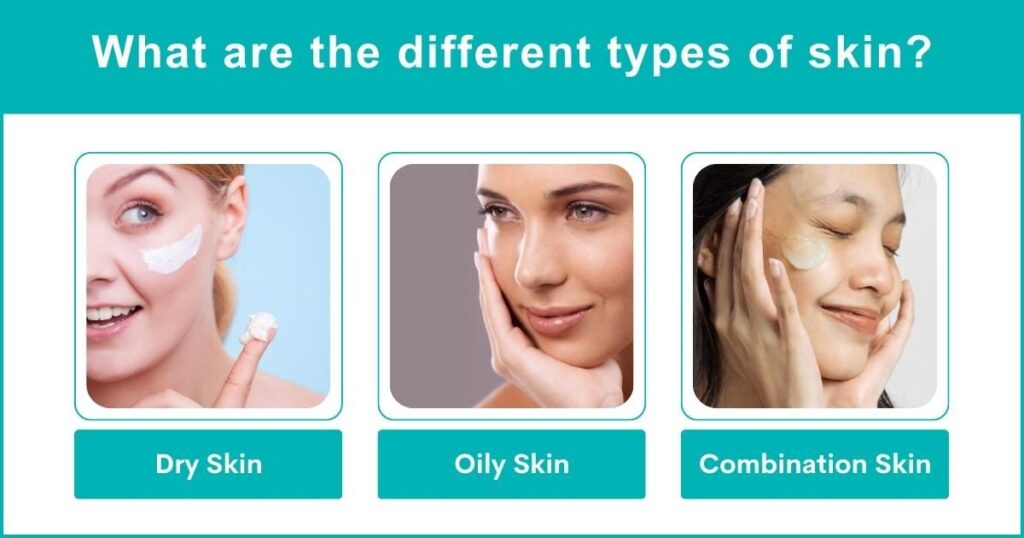
Different dermal fillers last for varying lengths of time. The longevity depends on factors like the filler type, the application area, and how quickly your body breaks down the filler substance.
- Hyaluronic Acid Fillers: They usually have no more than a year’s lifespan, but sometimes it can be longer.
- Poly-L-Lactic Acid Fillers: This type lasts longer, usually about two years, as they gradually replace lost collagen.
Understanding the Procedure and Aftercare
| Procedure | Description |
| Preparation | The skin is cleaned, and sometimes, a numbing cream may be applied. |
| Injection | The dermal filler is then carefully injected into the desired area. |
| Duration | Depending on the area treated, the process may take 15 minutes to an hour. |
| Immediate Care | After the procedure, you might need to apply a cold pack to the treated area to reduce swelling. |
| Activity Restrictions | For the first 24 hours, avoid strenuous activities, alcohol, and excessive sun or heat exposure. |
| Skin Care | Gentle washing and moisturising of the skin are recommended. |
Recovery Time: How long will any swelling or redness take to subside?
- Initial Recovery: Swelling or redness usually subsides within 1-2 days.
- Full Recovery: Depending on the type of filler and the area treated, full recovery may take up to a week.
- Follow-up Appointments: These may be needed to check progress and see if any touch-ups are needed.
‘Longevity of Different Types of Dermal Fillers‘ and choosing the right one for your skin type can make a big difference in your results. By understanding your skin type and learning about the different dermal fillers, you can make a more informed decision. Everyone has different skin, so the products that help one person may not benefit another. Consult a skin care professional before deciding which dermal filler is right for you.
If you’re considering dermal fillers and want professional guidance tailored to your unique skin type and needs, Dr Tarek is here to help. With years of experience and a deep understanding of the ‘Longevity of Different Types of Dermal Fillers,’ he can assist you in making the most suitable choice for your aesthetic goals. Start your journey to enhanced self-confidence today – book a consultation with Dr Tarek and take the first step towards the skin you’ve always desired.
